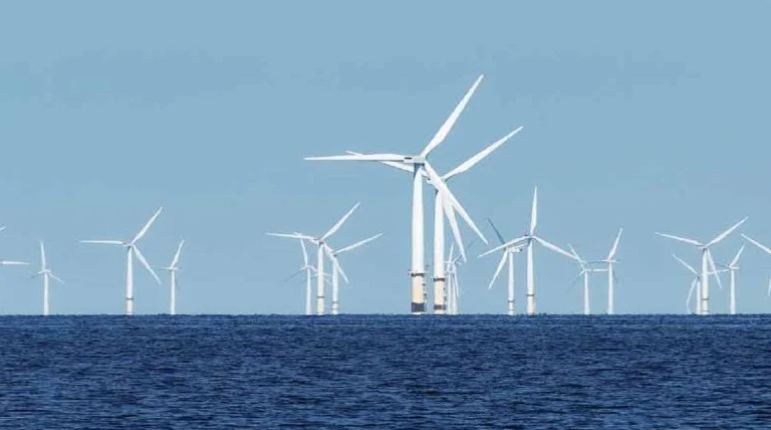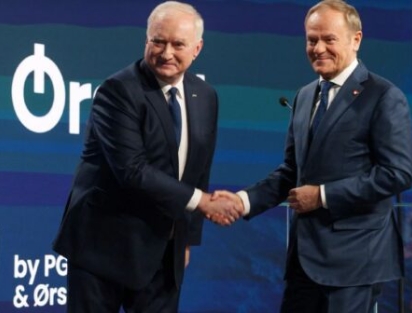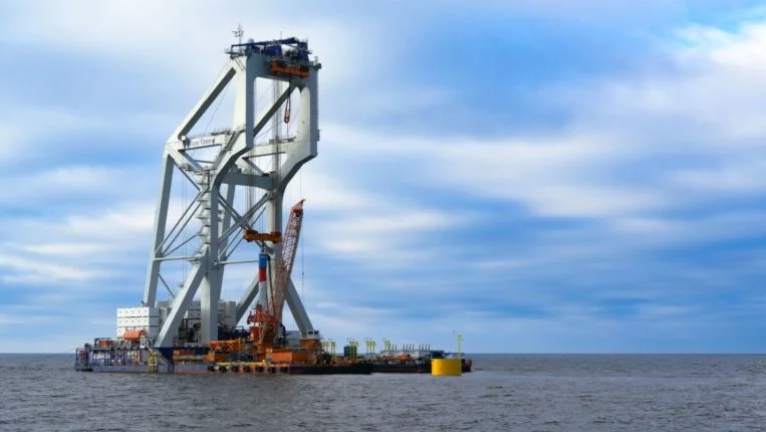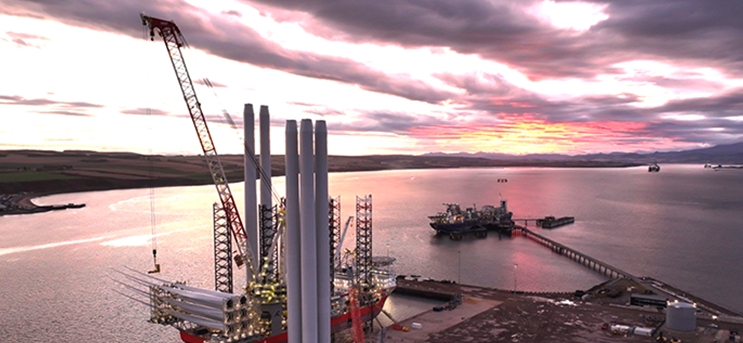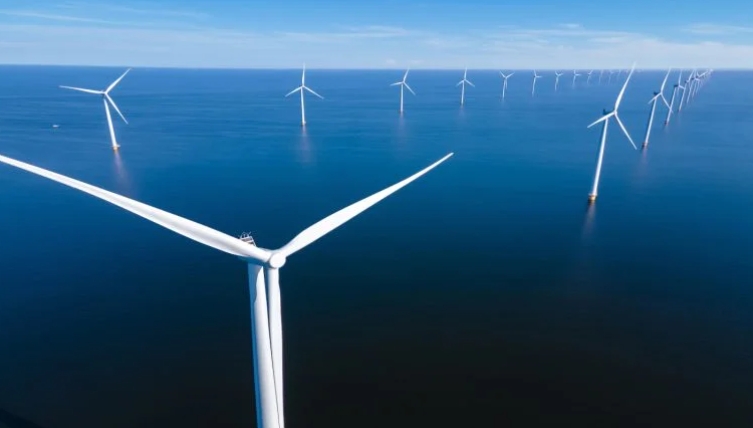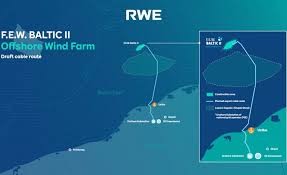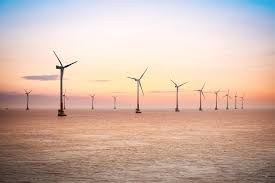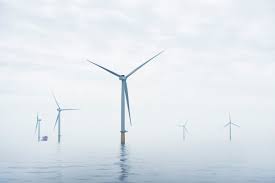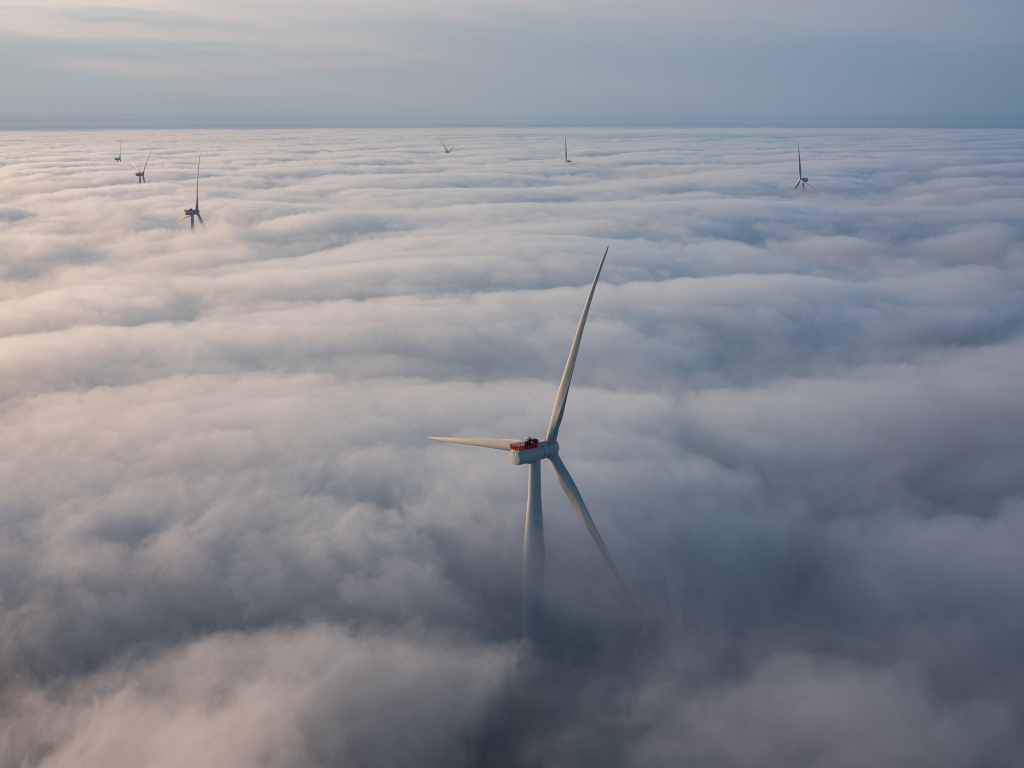 Photo credit: Ole Jørgen Bratland / ©Equinor
Photo credit: Ole Jørgen Bratland / ©EquinorDNV’s scope of work includes the delivery of certificates for the offshore wind farms related to the design, fabrication/installation/commissioning and operation in accordance with relevant laws, regulations, and codes.
The following assets are defined as relevant for certification: wind turbines, offshore substation platforms, inter-array cables, and offshore export cables, said DNV.
“DNV is extremely pleased to be awarded this contract and contribute to the drive to increase renewable energy in the country. This move by Poland, to expand its offshore wind capacity, is supported by DNV’s 2022 Energy Transition Outlook Report which states that the share of offshore wind in total wind electricity generation will increase steadily, rising globally from 8% in 2020 to 34% in 2050,” said Kim Sandgaard-Mørk, Executive Vice President for Renewables Certification at DNV.
Polenergia and Equinor are jointly developing the MFW Bałtyk II and MFW Bałtyk III offshore wind farms with a combined capacity of 1,440 MW.
The two 720 MW wind farms, which will feature Siemens Gamesa 14 MW wind turbines, were awarded Contracts for Difference (CfDs) in May 2021 by Poland’s Energy Regulatory Office (ERO).
The electricity produced will be exported to the Polish transmission grid, operated by the Polish transmission system operator (TSO) Polskie Sieci Elektroenergetyczne S.A.
Each wind farm will have its own offshore substation and, once completed, it will produce enough renewable electricity to power more than two million Polish households.
When it comes to DNV, the assurance provider was authorized by the Polish Ministry of Infrastructure to issue certificates for offshore wind farms and assembly of power output equipment in Poland.
In April, the certification specialist published an update of its service specification for project certification with the new edition now being the world’s first document that addresses the certification of energy islands and offshore wind farms in Poland, according to DNV.
